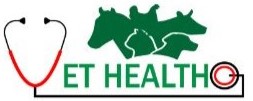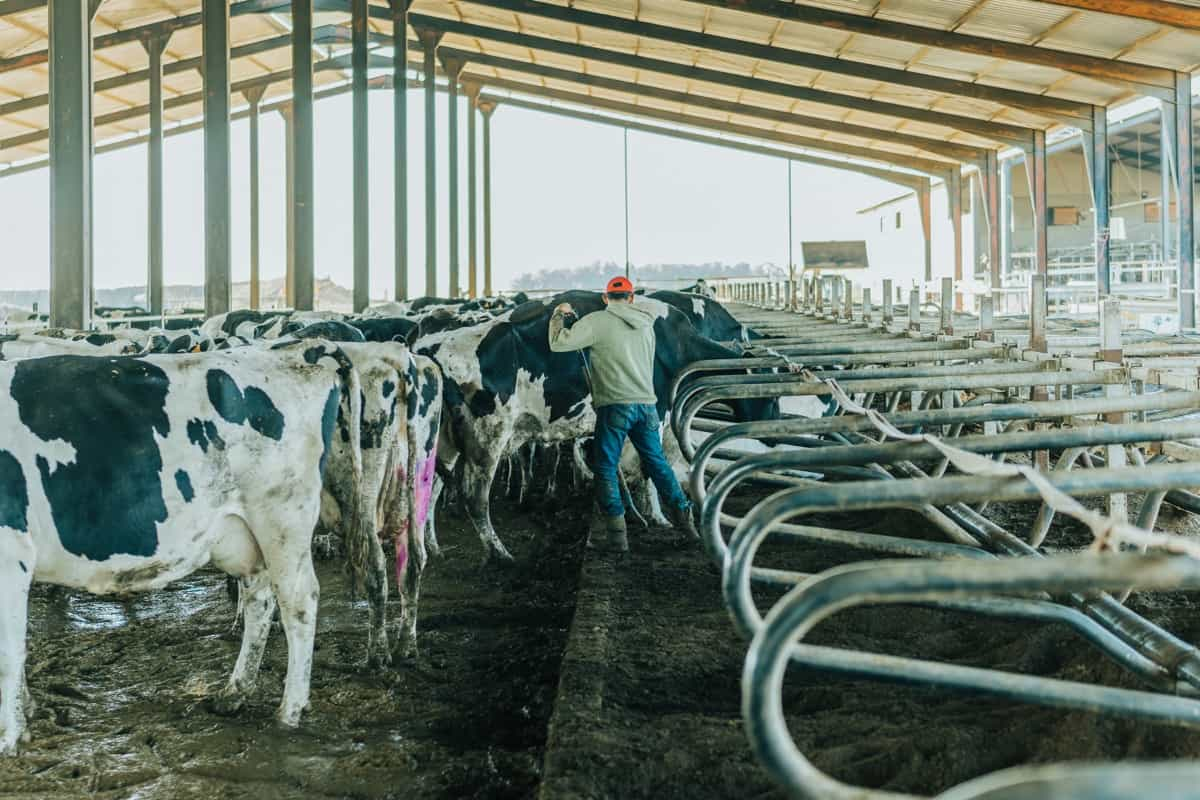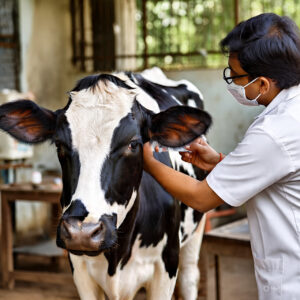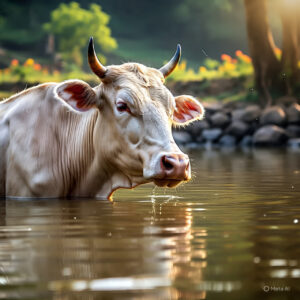Arthritis in cows is a common yet significant condition that affects the joints, especially in aging cattle. With timely diagnosis and proper care, this disease can be managed effectively to maintain the cow’s productivity and overall well-being.
Cow health is directly linked to milk production and lifespan. Hence, any illness like arthritis must be addressed with the right knowledge and care.
🩺 What is Arthritis in Cows?
Arthritis in cows refers to inflammation, swelling, and pain in the joints, leading to restricted mobility. This condition is particularly observed in older cows but can also occur in lactating cows due to poor management.
📌 Common Causes of Arthritis in Cows
- Nutritional Deficiency: Lack of calcium, phosphorus, or vitamin D in the diet weakens bones and joints.
- Cold, Damp, and Unhygienic Sheds: Continuous exposure to wet or cold environments causes stiffness in joints.
- Excessive Body Weight: Heavier breeds exert pressure on their joints, leading to gradual deterioration.
- Old Injuries or Accidents: Injuries like sprains or slips, if untreated, may develop into arthritis.
- Infectious Diseases: Sometimes bacterial or viral infections may target joints and cause arthritic symptoms.
🧬 Symptoms of Arthritis in Cows
- Limping or difficulty walking
- Hesitation while sitting or getting up
- Swelling, redness, or heat around joints
- Fever and loss of appetite
- Drop in milk production due to pain and discomfort
💊 Treatments and Natural Remedies
🔥 Warm Compress
Apply a warm water compress on the affected joints to improve blood circulation and reduce pain.
🥛 Calcium & Vitamin D Supplements
Include high-quality mineral supplements in the cow’s diet to strengthen bones and joints.
🌿 Ayurvedic & Natural Remedies
- Gently massage warm coconut or sesame oil on swollen joints.
- Apply a paste made of turmeric and coconut oil to reduce inflammation.
👨⚕️ Veterinary Advice
If symptoms worsen, consult a veterinarian for anti-inflammatory medications or injections.
🏠 Comfortable Shelter
Ensure the cow stays in a dry, soft, and warm environment, especially during winter months.
✅ Preventive Measures
- Balanced Diet: Ensure adequate minerals, vitamins, and proteins.
- Physical Activity: Provide space for the cow to move and stretch within the shed.
- Hygiene: Keep the cow shed clean and dry at all times.
- Warmth: During colder months, use blankets or coverings to keep cows warm.
🧠 In Summary
Arthritis in cows is not just a minor physical ailment—it can significantly affect milk production and the cow’s health. By providing a nutritious diet, maintaining hygiene, conducting regular checkups, and giving timely treatment, farmers can protect their cattle from this painful condition.




